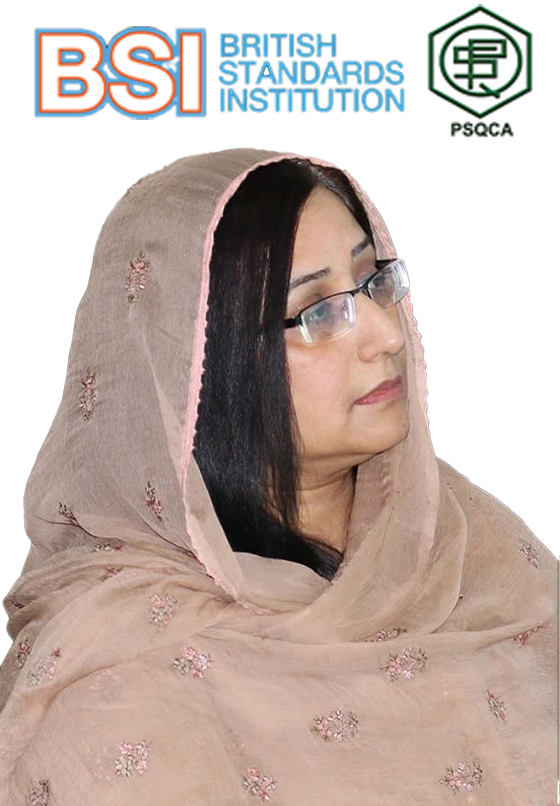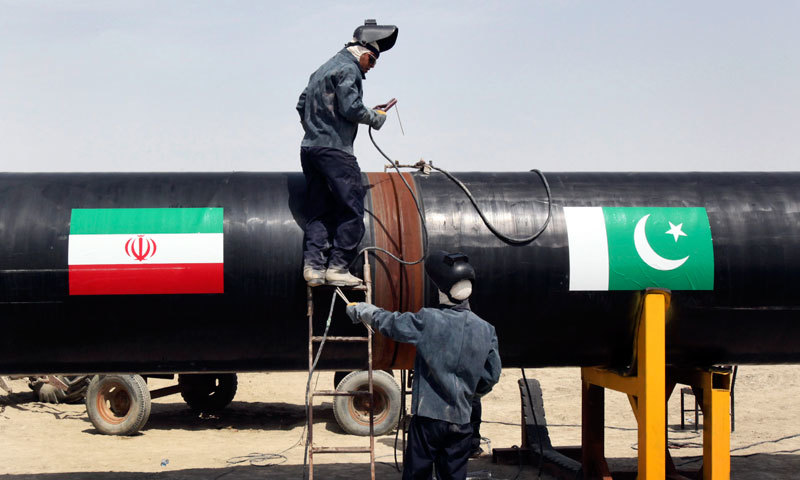PTBP Web Desk
The Pakistan Standards and Quality Control Authority (PSQCA) and the British Standards Institution (BSI) have launched a landmark collaboration under the UK Government’s Standards Partnership Programme (SPP). This initiative, spearheaded by PSQCA Director General Dr. Sayeda Zia Batool, is set to modernize Pakistan’s national quality infrastructure (NQI) and align it with international standards.
The partnership is expected to remove technical barriers to trade, increase global competitiveness for Pakistani exports, and instill consumer confidence in local products.
At the launch ceremony, Dr. Sayeda Zia Batool, Director General of PSQCA, emphasized that Pakistan’s future growth depends on aligning national standards with global best practices. She explained that quality compliance is not optional but essential for any country that wishes to expand its exports and meet international consumer expectations.
“By embracing international standards, Pakistan can enhance the credibility of its products, gain wider market access, and ensure safety, efficiency, and sustainability for local consumers,” Dr. Batool said.
She further highlighted that PSQCA under her leadership is committed to strengthening industrial efficiency, supporting exporters, and building consumer trust through modernized standardization practices.
From the UK side, BSI’s Mr. Muhammad Shohaib explained that the Standards Partnership Programme aims to build resilient and inclusive economic systems. He noted that many countries face challenges in meeting global trade requirements, but through capacity building and knowledge sharing, those barriers can be gradually removed.
“Standards play a vital role in boosting economic growth. By working with Pakistan, BSI hopes to share international expertise and strengthen PSQCA’s capacity to regulate, certify, and improve trade standards,” Shohaib stated.
The PSQCA–BSI roadmap includes:
- Technical Assistance – Updating existing Pakistani standards and introducing new ones aligned with global frameworks.
- Capacity Building – Training PSQCA staff and stakeholders on international certification, accreditation, and regulatory practices.
- Knowledge Sharing – Creating platforms for Pakistan to learn from international best practices in quality infrastructure.
According to Dr. Batool, these steps will allow Pakistan to eliminate technical barriers to trade (TBTs) that currently limit exporters’ access to foreign markets.
Dr. Batool underscored that this collaboration is not only about trade—it will directly benefit consumers by ensuring safer, reliable, and environmentally sustainable products. For exporters, particularly small and medium-sized enterprises (SMEs), international alignment will reduce compliance costs and provide opportunities to enter global supply chains.
Globally, quality infrastructure is a key driver of trade competitiveness. Institutions like the World Trade Organization (WTO) and the International Organization for Standardization (ISO) emphasize the importance of harmonization in standards.
Dr. Batool pointed out that Pakistan’s partnership with BSI is aligned with the WTO’s Technical Barriers to Trade Agreement, which requires countries to adopt transparent and internationally recognized standardization practices.
A significant focus of Dr. Batool’s leadership is ensuring that smaller industries and SMEs are not left behind. She explained that under the partnership, PSQCA will work to make standards more accessible and affordable for local businesses, empowering them to participate in global markets.
“This partnership is not just for big exporters. It is about building a culture of quality that benefits every level of society—from large industries to small enterprises, and most importantly, the end consumer,” she said.




